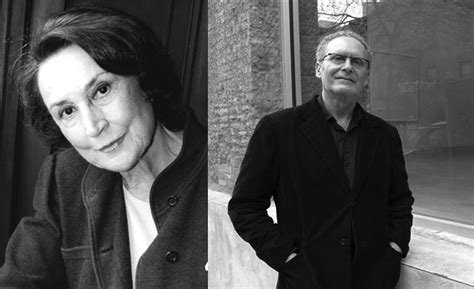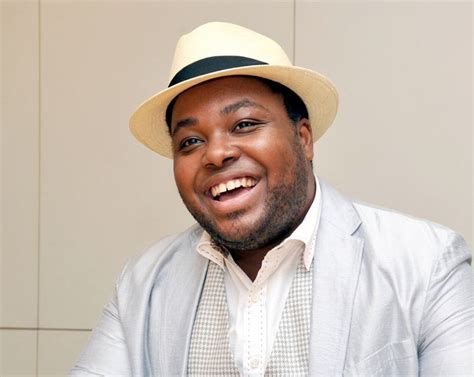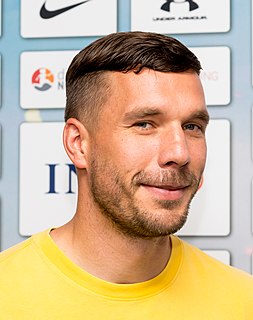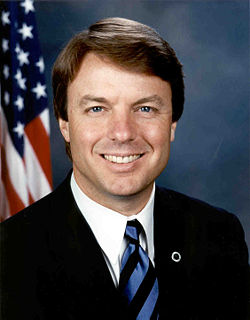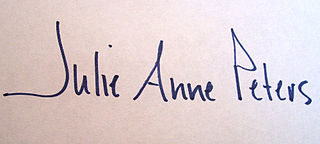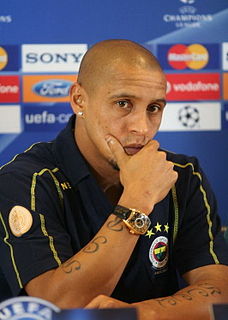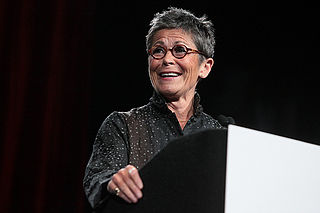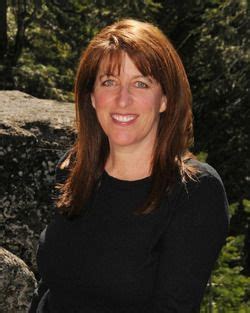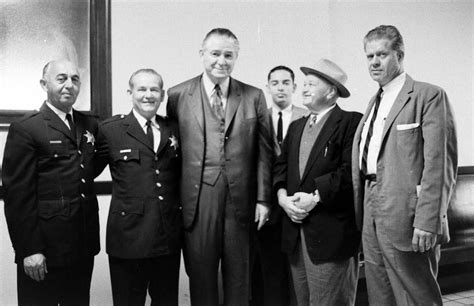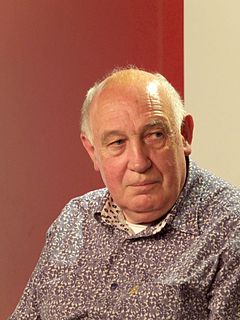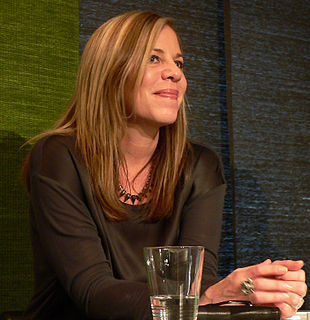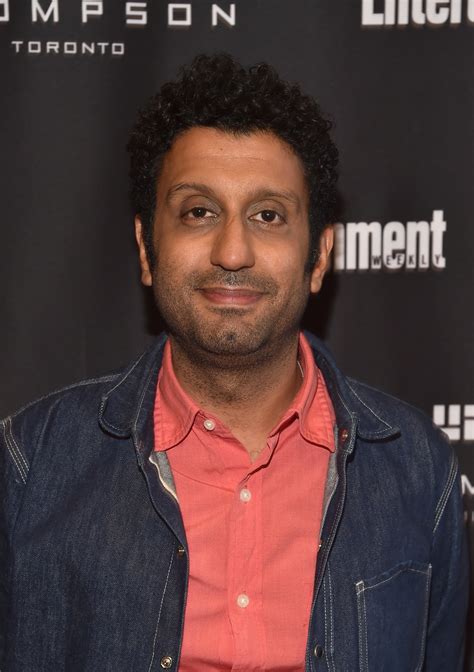Top 1200 Questions Asked Quotes & Sayings - Page 17
Explore popular Questions Asked quotes.
Last updated on April 24, 2025.
I remember when I went to a gallery in Paris at one point, they had drawings of earthworks set in different places. I asked the person sitting at the gallery desk where these works were - where in France they could be found. She looked at me in horror as if I'd asked something completely insane. She said, "Well, of course, these works don't actually exist. They're concepts."
The child had indeed shut up but all the questions that had accumulated on his tongue circulated in his mouth, moved through the passages of his nose and climbed up from there to tickle into his teardrop ducts, so in his moss green pupils, curious, insistent, accusing sparks of questions continued to light up and fade away like fireflies flitting about on summer nights.
Why are you putting on lip gloss, my daughter?” Dad asked. “Trip to the library? Trip to the nunnery? I hear the nunneries are nice this time of year” … “Is this true, Kami? Are you going out on a date?” Dad asked tragically. “Wearing that? Wouldn’t you fancy a shapeless cardigan instead? You rock a shapeless cardigan, honey.
Modern acting is method acting, most of it. And there are sort of different schools, so I guess I'm not really from one school or another. I had a number of different teachers but they were all kind of drawing from the same pool, which is - What do you want? What are you doing to get what you want? And, what is in the way? These are basic acting questions. Knowing the answers to those questions. So you're talking about objectives and actions and obstacles. That's a sort of shorthand that gives you a language.
A couple of years ago my friend and business partner Jeffrey Richards was doing the Gore Vidal play, The Best Man, starring James Earl Jones. I asked Jeffrey out to lunch and asked him what he thought of James playing Grandpa in You Can't Take It With You. Jeffrey thought it was a fabulous idea and so did James.
After the fire, when I'd tried to express my gratitude for their kindness to our customers, they'd been awkward, uncomfortable. My father had had to explain to me that giving thanks is not a common practice in India. 'Then how do you know if people appreciated what you did?' I'd asked. 'Do you really need to know?' my father had asked back.
I asked a thief to steal me a peach: He turned up his eyes. I asked a lithe lady to lie her down: Holy and meek, she cries. As soon as I went An angel came. He winked at the thief And smiled at the dame- And without one word spoke Had a peach from the tree, And 'twixt earnest and joke Enjoyed the lady.
Once, during an interview in front of my wife, I was asked, "Are you one of those actors who brings your character home? Do you stay in character?" I said, "No, not really. I don't do that," and she started laughing. I asked her why. She said, "Well, you might think you don't bring characters home, but you do." So, while I don't feel like a character is lingering, it probably is.
Some communities don't permit open, honest inquiry about the things that matter most. Lots of people have voiced a concern, expressed a doubt, or raised a question, only to be told by their family, church, friends, or tribe: "We don't discuss those things here." I believe the discussion itself is divine. Abraham does his best to bargain with God, most of the book of Job consists of arguments by Job and his friends about the deepest questions of human suffering, God is practically on trial in the book of Lamentations, and Jesus responds to almost every question he's asked with...a question.
Someone asked me whether I was aware of all the people out there who were praying for the President. And I had to say, "Yes, I am. I've felt it. I believe in intercessory prayer." But I couldn't help but say to that questioner after he'd asked the question that - or at least say to them that if sometimes when he was praying he got a busy signal, it was just me in there ahead of him.
I nearly dropped the plate I held. "You've asked me out tons of times." "Not really. I've made inapproprite suggestions and frequently pushed for nudity. But I've never asked you out on a real date. And, if memory serves, you did say you'd give me a fair chance once I let you clean out my trust fund." "I didn't clean it out," I scoffed.
In science we see progress. In art there is no progress. In art the questions have always been the same. From the beginning of time till now, we are always asking the same questions. There are very few. We are looking for God, we are asking why we die, we are contemplating sex and the beauty of nature. The only thing that changes is that, in each period of questioning, we speak with the language of our time.
... we are obliged to produce the truth by the power that demands truth and needs it in order to function: we are constrained, we are condemned to admit the truth or to discover it. Power constantly asks questions and questions us; it constantly investigates and records; it institutionalizes the search for the truth, professionalizes it, and rewards it. ... In a different sense, we are also subject to the truth in the sense that truth lays down the law: it is the discourse of truth that decides, at least in part; it conveys and propels effects of power.
Sometimes we adopt certain beliefs when we're children and use them automatically when we become adults, without ever checking them out against reality. This brings to mind the story of the woman who always cut off the end of the turkey when she put it in the oven. Her daughter asked her why, and her mother responded, "I don't know. My mother always did it." Then she went and asked her mother, who said, "I don't know. My mother always did it." The she went and asked her grandmother, who said, "The oven wasn't big enough."
Why do things this beautiful make me want to cry?" I asked Michael as I leaned into him. It was an unguarded question, one I'd never have asked of Hugh. "I don't know," said Michael. "Maybe beauty, true beauty, is so overwhelming, it goes straight to our hearts. Maybe it makes us feel emotions that are locked away inside.
So Socrates was a kind of gadfly. He was a sort of philosophical urban gorilla hanging around in the middle of Athens, asking these peculiar questions of everybody - important people, young men, slaves - questions that had to do with ultimately what's the life that's worth living. And Plato was one of the young men who hung around him, a very aristocratic young man, came from a very old, important family.
George W. Bush was interviewed by NBC. He was on the Today show and he was asked about President Trump's visa suspension. They asked Bush what he thinks about this, and if I'm not mistaken, I don't think he mentioned [Donald] Trump by name, but he said "I wish our immigration system were more welcoming," is what he said.
...When I asked [my dad why the sky was blue] he said it was because God's a boy. If God were a girl, the sky would be pink. 'What about sunrise and sunset?' I'd asked. Dad had looked dumbfounded. 'You kids. You think too much.' It frightened me how shallow the gene pool was that Liam and I were wading in.
You can imagine over very long timescales, perhaps far beyond the multi-decade time scale, we might be able to ask very deep questions about why we feel the way we feel about things, or why we think of ourselves in certain ways - questions that have been in the realm of psychology and philosophy but have been very difficult to get a firm mechanistic laws-of-physics grasp on.
And what are your interests and hobbies, Nicholas?" Annabel asked faintly, sounding like a cross between a television interviewer and a hostage. Nick considered this for a minute, and then said "I like swords." Annabel leaned over her plate and asked, her voice changing "You fence?" "Not exactly," Nick drawled. "I'm more freestyle.
I was asking questions which nobody else had asked before, because nobody else had actually looked at certain structures. Therefore, as I will tell, the advent of the computer, not as a computer but as a drawing machine, was for me a major event in my life. That's why I was motivated to participate in the birth of computer graphics, because for me computer graphics was a way of extending my hand, extending it and being able to draw things which my hand by itself, and the hands of nobody else before, would not have been able to represent.
That's more than three questions, Max. And sometimes whether someone is your friend or enemy is all in how you look at it. But if you must know, I consider myself your friend, a good friend who loves you very much. No one loves you more than I do, Maximum. Now listen. I ask the questions, not you. You're just here... for the ride. For the incredible, indescribable Maximum Ride.
I have asked James Shabazz, I've asked other people who are members of the OAAU, Herman Ferguson and others, what led to that disastrous decision [that the guards didn't carry weapons]? James Shabazz said to me with a shrug, you just didn't know Malcolm. Malcolm was adamant, and that whatever Malcolm wanted, that's what we just did.
'MAD Magazine' put out a book that was a collection of Trump cartoons, and they asked me to do the forward because they knew that I was a fan because I'd done stories and tweeted about 'MAD.' So I did the forward and asked them if I could do a cartoon. They let me, and I did caricatures of myself and Wolf Blitzer.
I'm often asked why there is such a great variation among sentences imposed by Texas judges. I can only quote the Texas judge who was asked why a killer sometimes doesn't even get indicted and a cattle thief can get ten years. The judge answered: "A lot of fellows ought to be shot, but we don't have any cows that need stealin".
A fellow once came to me to ask for an appointment as a minister abroad. Finding he could not get that, he came down to some more modest position. Finally, he asked to be made a tide-waiter. When he saw he could not get that, he asked me for an old pair of trousers. It is sometimes well to be humble.
If we look at the Gulf War, the same is also true. Indeed, my work on the logistics of perception and the Gulf War was so accurate that I was even asked to discuss it with high-ranking French military officers. They asked me: 'how is it that you wrote that book in 1984 and now it's happening for real?' My answer was: 'the problem is not mine but yours: you have not been doing your job properly!'
I do interview senior candidates at the home office or many of our hotel or restaurant General Manager candidates. My two favorite questions are "Tell me about a failure in your career, what you learned from it, and how you've leveraged this lesson" and "All of us are misperceived at one time or another. What's the most common way you're misperceived in the workplace and why?" Both of these questions require a certain amount of self-awareness and a willingness to not give pat, normal answers that we offer experience in interviews.
There questions of wanting to be an artist, and what does that mean, what makes you an artist? Are you an artist if you're in a gallery in New York and not an artist if you're doing it at home? Do you need legitimation to count? If you've been acculturated to believe that you have certain obligations - familial, social, human - if multitasking has been your forte and that's what's been praised and rewarded, where do you find the single-mindedness, the selfishness to do something like art? I think those are questions that arise differently for women and for men.
I still think about the letter you asked me to write. It nags at me, even though you're gone and there's no one to give it to anymore. Sometimes I work on it in my head, trying to map out the story you asked me to tell, about everything that happened this past fall and winter. It's all still there, like a movie I can watch when I want to. Which is never.
This is where we go our seperate ways. Aware of the almost feel of his hand on my arm when he pulls me back to him and says, "Yes." I look at him, unsure of what he's saying yes to. "The questions you asked earlier, about wanting to settle down, start a family, see my family? Yes. Yes to all of it." I try to swallow but can't, try to speak but the words just won't come. His hands sliding around me, grasping me to him, he lets go of the vial, allows it to fall, to crash to the ground. The sparkling green liquid seeping out all around as he says, "But mostly yes to you.
I was in South Africa, and Joe [Wright] asked the same exact question that you just asked: "Have you ever seen an episode of Black Mirror?" I went back and played the video for Joe. The episode that I did is called "Nosedive," and it was a year to the week from when I first watched it. It was just very bizarre, this very weird coincidence.
Be patient toward all that is unsolved in your heart and try to love the questions themselves, like locked rooms and like books that are now written in a very foreign tongue. Do not now seek the answers, which cannot be given you because you would not be able to live them. And the point is, to live everything. Live the questions now. Perhaps you will then gradually, without noticing it, live along some distant day into the answer.
Anarchism as the name for an ideal total social form is a really complicated question. I have never found satisfying answers from anarchists about the definition of the state they are opposed to. Most are opposed to coercive forms of state power. Questions about large scale systems of organization and how they will be funded - those are questions it's hard to get anarchists to give good answers to.
The first question she was asked was What do you do? as if that were enough to define you. Nobody ever asked you who you really were, because that changed. You might be a judge or a mother or a dreamer. You might be a loner or a visionary or a pessimist. You might be the victim, and you might be the bully. You could be the parent, and also the child. You might wond one day and heal the next.
With all this extra stressin
The question I wonder is after death, after my last breath
When will I finaly get to rest? Through this supression
they punish the people that's askin questions
And those that possess, steal from the ones without possesions
The message I stress: to make it stop study your lessons
Don't settle for less - even the genius asks-es questions
Be grateful for blessings
Don't ever change, keep your essence
The power is in the people and politics we address.
I'll tell you who I really like - the lawyer Imran Khan. I did my dissertation on stop-and-search powers, and I put in loads of quotes from him. Years later, when I was selling insurance over in Harley Street, he rang up and asked for insurance. He told me his name, and I asked him if he was the lawyer, and he said yes.
I was in Screaming Trees - I wasn't really interested in playing quiet music in a live setting. But I would get asked quite often to do a show or open for somebody, and I always said no. Finally, I was asked if I would open for Johnny Cash, and Johnny Cash was one of my dad's favorite heroes. So that's why I started doing solo shows.
